
After 40 years in the automotive business, Wilfried Hallier finally decided to pursue his dream and open his own dealership. Classic Driver visited Hallier Classic Cars’ historic Stellmoor estate in Hamburg, on which the business has established a stylish home…
What is your earliest automotive memory?
When I was young we lived not too far from an old garage, and I often hung around there because there were lots of other young people working on their cars. At around nine years old I was given a VW T1 bus with which to tinker, and I stripped out the rear to accommodate all my model cars. It was my first ‘showroom’, if you like, and I proudly displayed my Corgi toys, many of which I still have. It was in the bus that I had my first go behind the wheel.
How did you turn your passion into a career?
My father wanted me to be a computer programmer, but I stuck by my guns and became an automotive mechanic. It was an ideal profession considering my passion for cars, as I was able to learn everything from scratch.
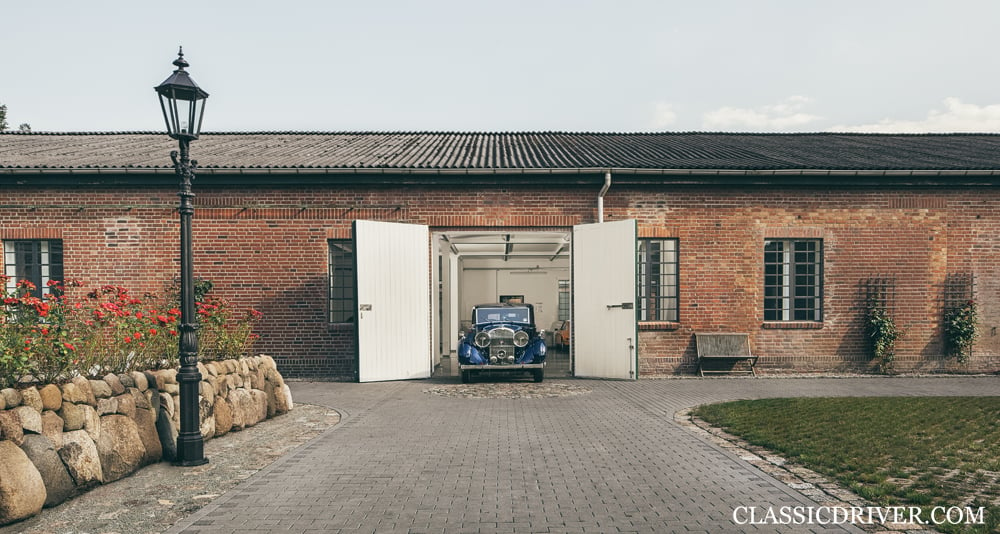
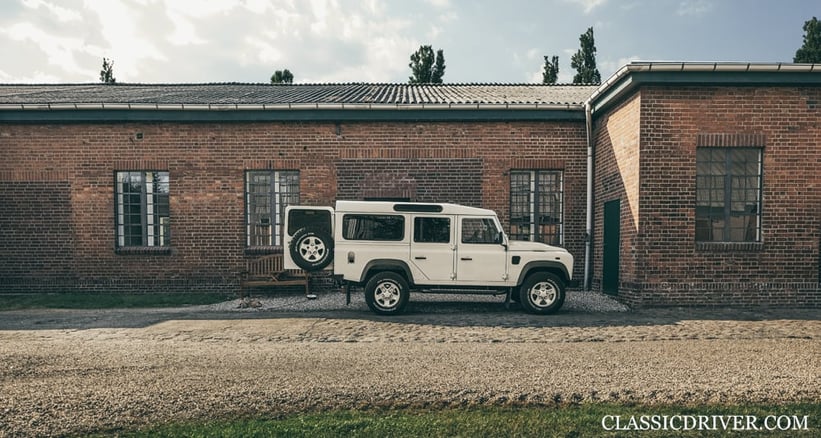
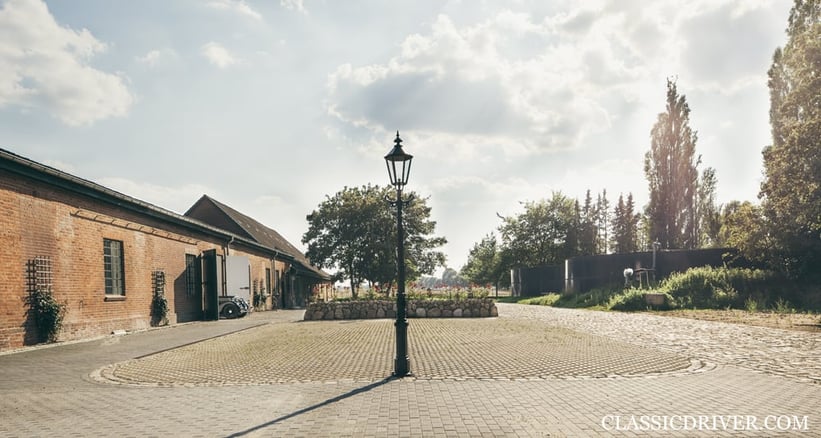
Your professional career until now predominantly concerned modern cars, but you’ve always been fascinated by classics – is that right?
I have over 40 years of experience in the industry prior to opening my own business. I managed the Porsche Centre Hamburg Nord-West, and before that I worked for Car & Driver here in Hamburg. While working at Porsche, my business sadly concerned solely modern cars, but I never stopped loving the classics. I still regularly visited events such as the Techno Classica in Essen, and remained enthusiastic about the classic car scene.
At the age of 59, you took the plunge into self-employment...
Yes, I figured it was time to live my dream. A lot had changed at Porsche, and I realised it was time to attack something else. I was lucky to find Stellmoor, a property that had once belonged to former department store king Rudolf Karstadt, and its then-owner liked my concept of transforming it into a classic car dealership. We agreed to restore the building, and the first ‘hall’ was opened in May 2013. Today there are three, covering 1,500 square metres.
How many people do you employ?
You’re talking to all of them! If mechanical work is required on the cars, I work closely with specialists here in Hamburg. I work almost entirely on a commission basis, so the vehicles that come here for sale are mostly in fully working order – I only have to worry about getting them sold.
What fascinates you about cars?
Quite simply, it’s the shape, the technology and, of course, the sound…
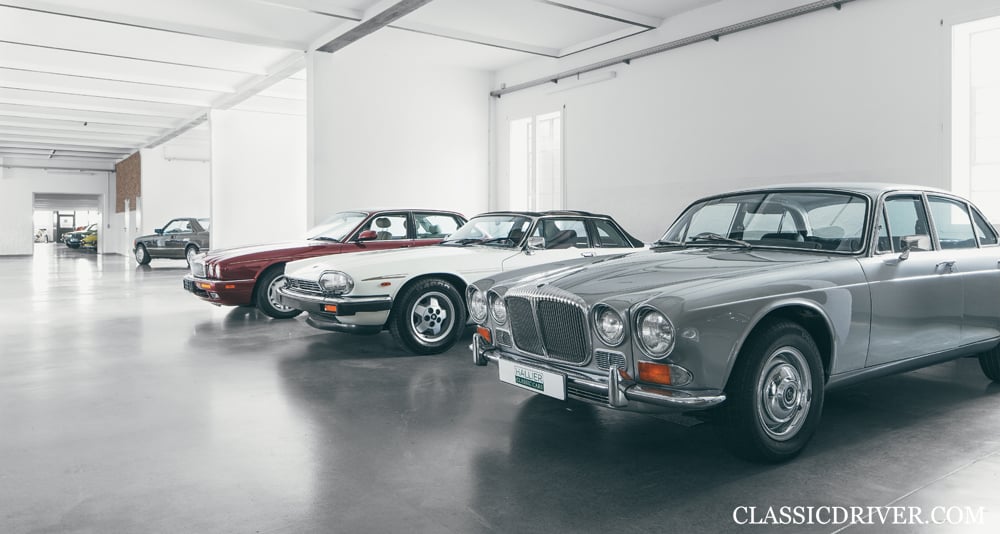
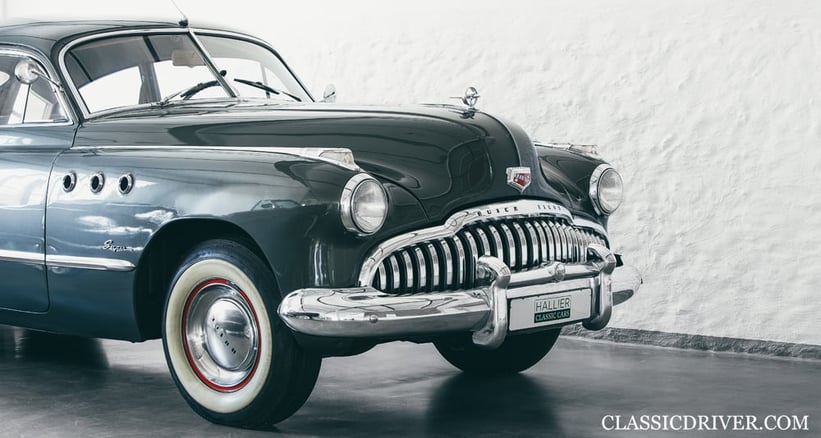
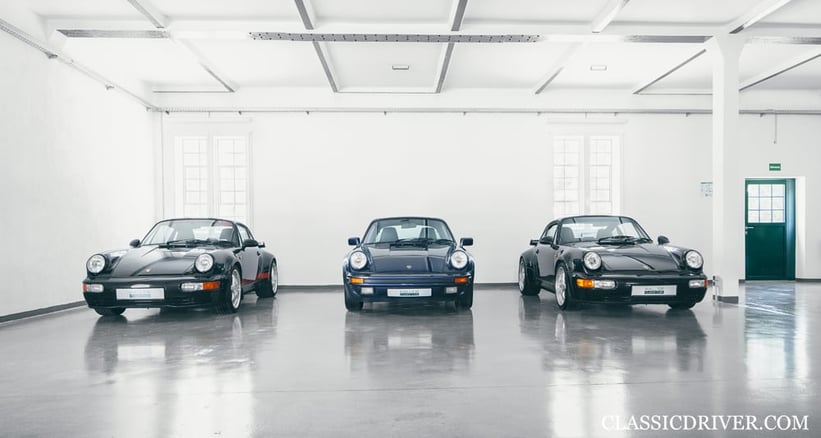
What criteria must a car in your inventory fulfil?
I know a lot of collectors and clients, and exactly which cars they’ve got in their garages. Naturally, the vehicle must be in excellent condition and, since I sell almost all my cars on a commission basis, the relationship with the customer is very important. In fact, I think this ranks as one of the most important things in our industry. With modern cars, the sales process seems to be largely anonymous, but when it comes to classics, it’s completely different. Emotion and trust form the basis of whom you choose to do business with. I would never specialise too much in a particular marque or era for this reason – I’m interested in the personal stories about the cars that are offered to me, be it a Porsche or a Citroën 2CV
Are there any brands of which you’re particularly fond?
Certainly Porsche is one of them, but I’m keen to diversify my portfolio because I’m so interested in the cars’ history and provenance. Take the 1957 Ford Econoline van that came to me from Las Vegas. This chrome gem was discovered by a lady in Hawaii, and as it happens I bought it via Classic Driver. One of the best things about my job is that, after all these years, vehicles go full circle. Some time ago I sold an Aston Martin Virage and a Bentley Continental, both of which I remember selling new, and this only goes to increase transparency in the business.
What are the most important aspects of your profession?
Trust, reliability and seriousness – these are our Hanseatic virtues.
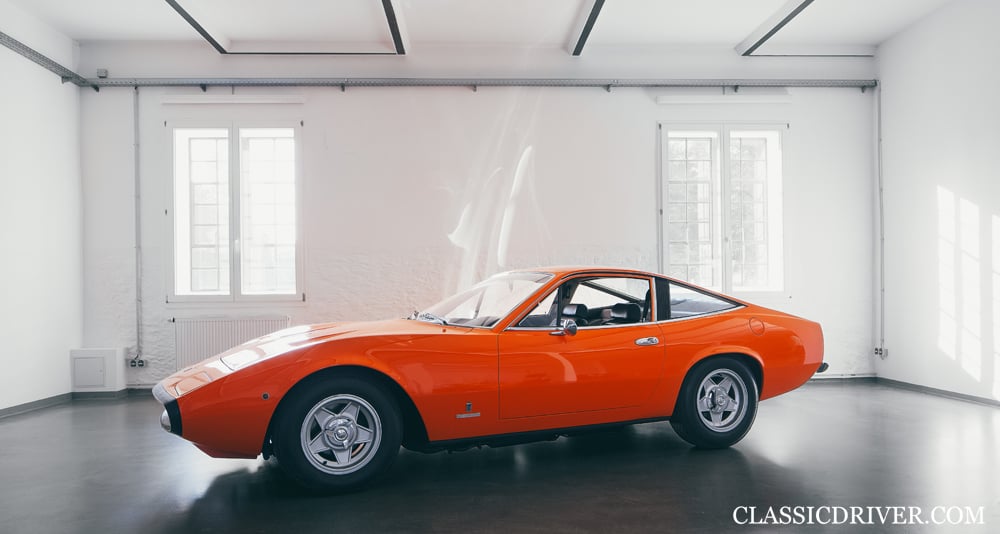
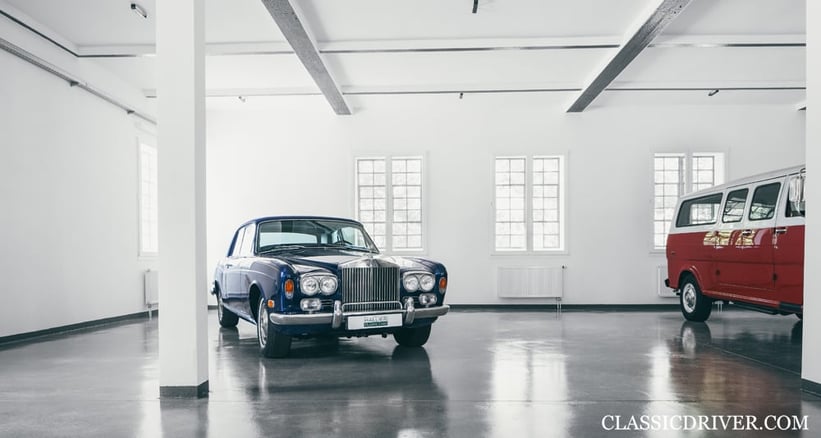
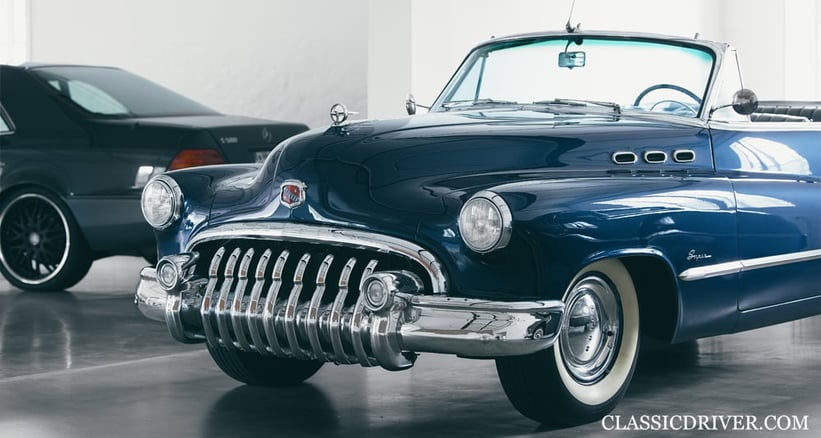
What can your customers expect from you?
Open, honest and personal advice. For my clients with – or building – top-tier collections, discretion is also important, which is why my showrooms have traditional windows rather than glass walls like many other dealerships. We also have to be good listeners, in order to understand the customer’s exact needs – whether they have the skills to undertake minor repairs, how the car will be used, for example. One customer wanted a classic for his wife for their wedding anniversary. We agreed a Volkswagen Golf Mk2 would be perfect, and it proved to be a very meaningful gift.
The business has changed a lot in recent years – what does the future hold?
The trend now is buying cars solely for investment. The market is growing still, albeit slightly more slowly than in recent years, and many classics have gone from affordable to unobtainable – I once sold an Alfa Romeo Giulietta SS for 13,500 Deutschmarks, and today it would be worth 150,000 euros. Historically significant stock is limited, but interest in modern classics, for example, is surging. I’ve seen hype like this before in my career but, at the end of the day, emotion and passion will always prevail over money.
Is there a car from your career that you regret selling?
Probably my 1955 Ford Thunderbird that I owned for many years, or my Maserati Indy, which I sold in order to buy a Porsche.
What do you drive at the weekend?
A Porsche, a Mini or my Land Rover Defender.
Photos: Felix Liebel for Classic Driver © 2015
You can find Hallier Classic Cars’ entire inventory listed for sale in the Classic Driver Market.

Aucun commentaire:
Enregistrer un commentaire